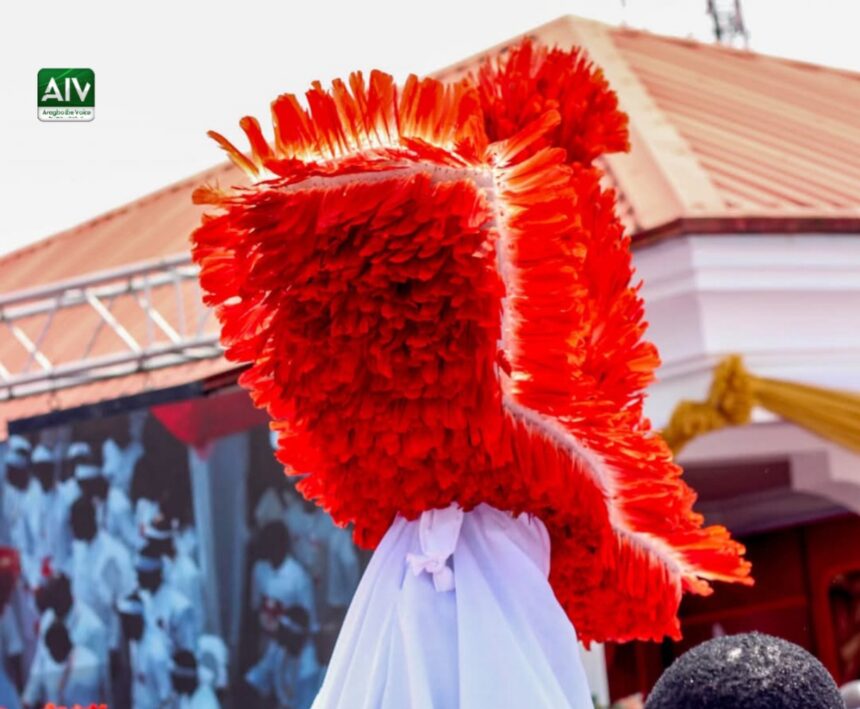The ancient kingdom of Gbaramatu came alive as thousands thronged Oporoza town, the revered headquarters of the kingdom, to witness the grand finale of the 2025 Amaseikumor Festival. For seven extraordinary days, the serene creeks of Warri South-West Local Government Area in Delta State pulsed with spiritual energy, cultural pride, and joyful celebration.
Oporoza, during this period, transformed into a sacred destination akin to Mecca for Muslims or Jerusalem for Christians—a spiritual pilgrimage ground where adherents, tourists, traditional leaders, and global media—including CNN—immersed themselves in the age-old rituals and revelries of the Ijaw people.
What was once a local cultural gathering has evolved into a global carnival of heritage, attracting attention far beyond the Niger Delta. Cultural dancers, dressed in vibrant regalia, performed elaborate steps believed to summon wealth and peace from the sea goddess Amaseikumor, while masquerade displays rooted in ancient Ijaw mysticism evoked awe and spiritual reverence among first-time visitors.
The festival, deeply spiritual in its core, is not just a celebration – it is a sacred convening of ancestral destinies. The Ijaw believe Amaseikumor brings joy, fertility, protection, and longevity. For some, she embodies the blessings of the womb; for others, she is the wellspring of fortune and divine guidance. From supplication and sacrifice to unity and jubilation, this festival binds the Gbaramatu people in a shared history of faith, resilience, and kinship.
High Chief (Hon.) McDonald Igbadiwei, Spokesman for Traditional Matters in Gbaramatu Kingdom, opened the festival with clear guidance for media personnel. Speaking to journalists gathered at Oporoza, he emphasized that Amaseikumor is sacred but not secret – a divine celebration open to the world. He clarified misconceptions, affirming that no human sacrifices are involved, debunking age-old myths that misrepresent African spirituality.
He further explained the purity requirements for temple access: women on their menstrual cycle are to refrain from entering, and men who had sexual relations the previous night must undergo spiritual cleansing before entering with equipment. These rules, he noted, are not to exclude, but to preserve the spiritual sanctity of the temple space.
The spiritual high point saw none other than Niger Delta freedom icon, High Chief Government Ekpemupolo (Tompolo), lead processions in regal Ijaw dance steps, honoring Amaseikumor as both a priest and cultural custodian. His role in preserving and promoting this festival has expanded its reach and revived its relevance among the younger Ijaw generation. Today, more converts are being drawn into this ancestral faith, finding purpose, healing, and prosperity in its rituals.
As Oporoza vibrated with chants, drumming, and the electrifying “legwork” of masqueraders, the deeper message of Amaseikumor resonated strongly: a feast of the soul, a renewal of destiny, and a celebration of Ijaw identity. The enduring power of this tradition amidst growing modern and religious influences is a testament to the resilience of the Ijaw spirit.
Through this grand spectacle, the Gbaramatu people reaffirm their connection to their roots and to one another. The Amaseikumor Festival is not merely an event – it is a living heritage, a sacred declaration that the Ijaw story is one of pride, power, and unbroken spiritual continuity.
– Reported by Arogbo-Ibe Voice Reporters




